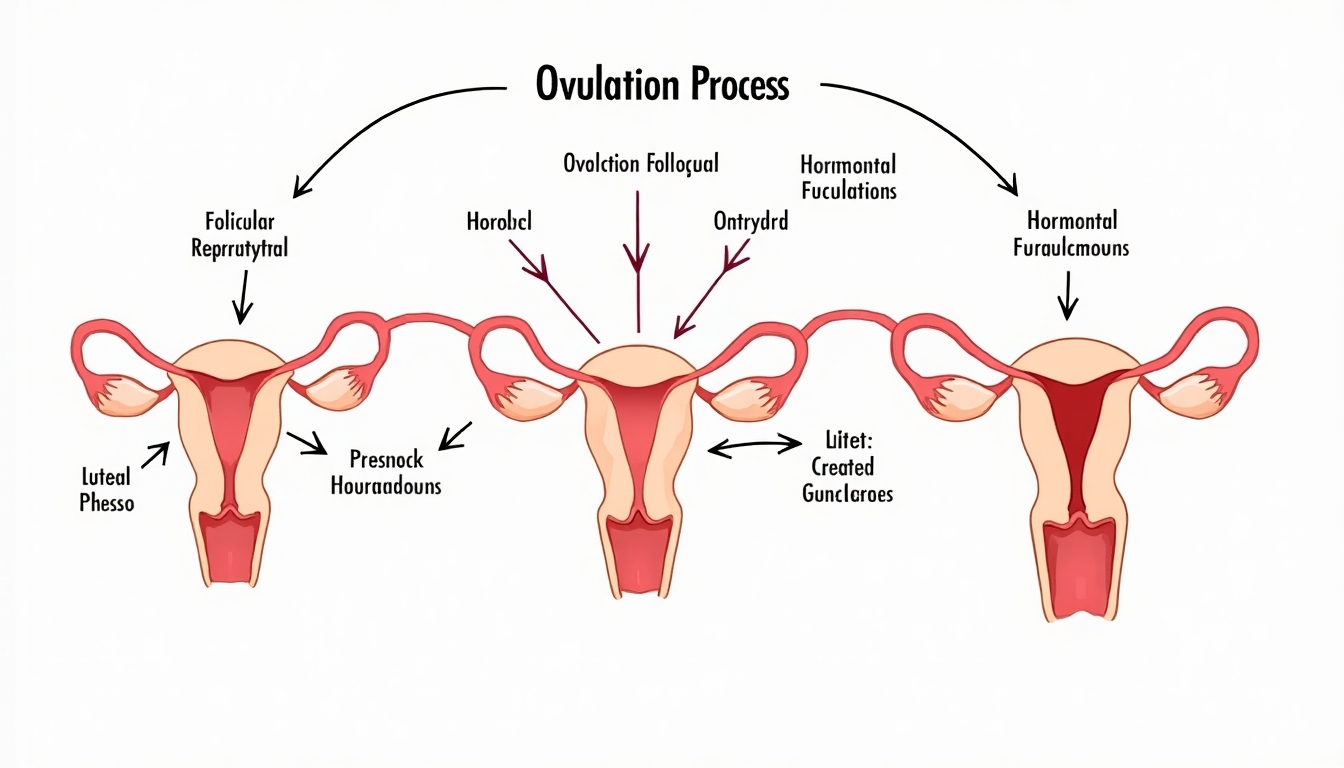Comprehensive Guide to Clomiphene for Ovulation Induction
Feb. 26, 2025, 5:05 p.m.
Overview of Clomiphene for Ovulation Induction
Clomiphene is an extensively used medication in the realm of reproductive health, particularly for addressing ovulatory dysfunction in women who experience infertility. Known for its reliability and efficacy, Clomiphene has been a cornerstone in the management of ovulation induction.
What is Clomiphene?
Clomiphene, also referred to by its brand name Clomid, belongs to a class of medication known as selective estrogen receptor modulators (SERMs). It works by triggering the pituitary gland to release hormones, leading to ovulation in women who have irregular ovulation or anovulation, which are common causes of infertility.
When is Clomiphene Indicated?
Infertility can stem from various causes, and ovulatory issues are among the most common. Here are some typical scenarios where Clomiphene is prescribed:
- Women with polycystic ovary syndrome (PCOS) who do not ovulate regularly.
- Couples experiencing unexplained infertility.
- Women with irregular or absent menstrual cycles.
For these cases, Clomiphene is generally one of the first-line treatments due to its cost-effectiveness and simplicity of use.

Benefits and Considerations
Clomiphene's popularity stems from its advantages:
- Proven efficacy in inducing ovulation.
- Easy oral administration.
- Affordable option compared to other fertility drugs.
However, it is important to discuss potential side effects, such as:
- Hot flashes
- Bloating
- Enhanced risk of multiple pregnancies
This ensures that the patient is well-informed before starting the therapy.
How Clomiphene Works
Clomiphene functions by blocking estrogen receptors at the hypothalamus, effectively tricking the body into thinking estrogen levels are lower than they truly are. This prompts the body to release gonadotropin-releasing hormone (GnRH), stimulating the follicle-stimulating hormone (FSH) and luteinizing hormone (LH), which induce ovulation.

Patient Experiences and Insights
Many patients have reported positive outcomes while undergoing Clomiphene treatment. Here are some helpful tips shared by patients to enhance efficacy:
- Follow the doctor's recommended dosing schedule rigorously.
- Maintain a healthy lifestyle, focusing on stress reduction and balanced nutrition.
- Regularly monitor ovulation through recommended methods, like basal body temperature charting or ovulation kits.
Success Rates and Factors
The success of Clomiphene for ovulation induction depends on several factors, including:
- Underlying cause of infertility.
- Age of the patient.
- Proper adherence to the prescribed protocol.
Research indicates that approximately 60% to 80% of women will ovulate successfully, with around 10% to 20% achieving pregnancy per cycle.

Conclusion and Recommendations
Clomiphene remains a pivotal drug in fertility treatments, offering hope to millions of couples struggling with infertility. Understanding how it works and following guidance can maximize its benefit while minimizing undesired effects.